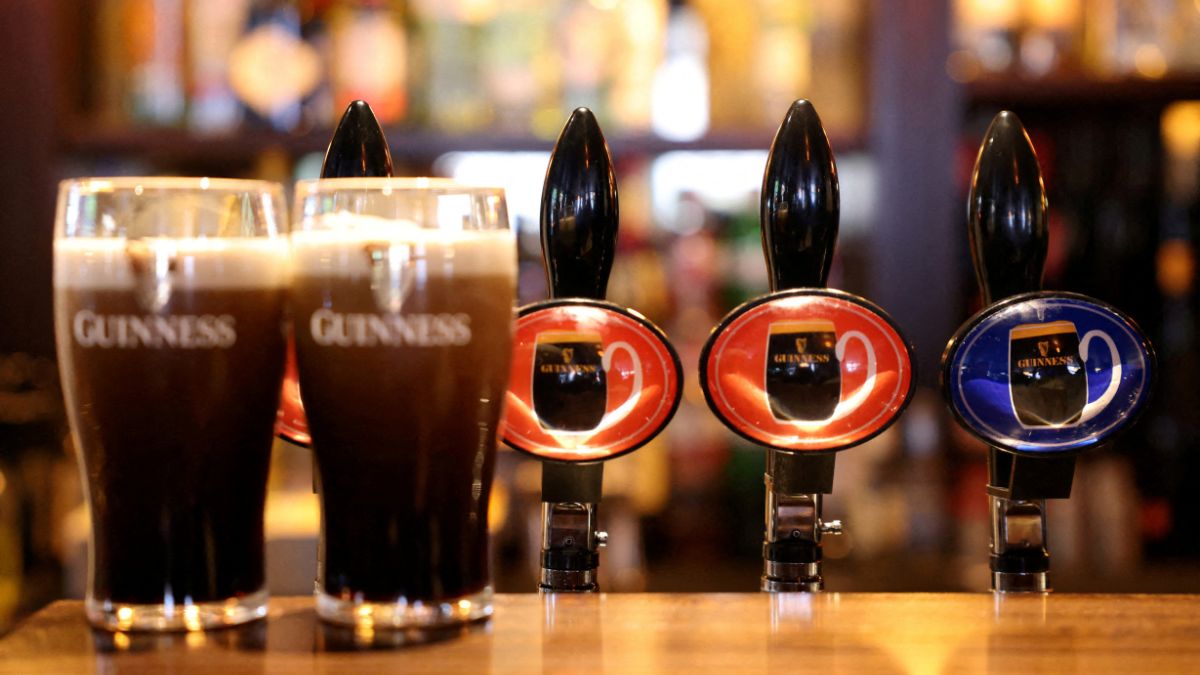The effects of climate change are widespread. From melting glaciers to rising temperatures, climate change is knocking on our doors in more real ways than imaginable. Now, if your beer tastes a little weird, climate change is to be blamed.
How?
The “indescribable” taste, which is not too sweet nor too bitter, is a mixture of chemical compounds made from three basic ingredients – hops, yeast and malted barley.
The production of hops and barley is being threatened by climate change, a study by Mirek Trnka, a researcher at the Global Change Research Institute Academy of Sciences of the Czech Republic has found.
Trnka’s research indicates that noble hop production has declined by 20 per cent since the 1970s in major hop-growing regions of Europe. Alpha acids, the essential compounds responsible for beer’s characteristic bitterness, are expected to decrease by 31 per cent by 2050, according to Trnka’s study.
Hops: The key tastemaker
Beer is one of the most ancient alcoholic beverages known to humankind. Three key ingredients – grains, water, hops and yeast – make the fizzy drink.
Hops was initially only used as a preservative and not a tastemaker. Thomas Shellhammer, a professor of fermentation science at Oregon State University, said according to BBC, “It was discovered during medieval ages that hops added an antimicrobial benefit to the beer, preventing the beer from spoiling in a manner that would make it sour – so it added shelf life.”
The antimicrobial properties of hops come from compounds known as alpha acids and beta acids, which also contribute to beer’s bitterness.
Shellhammer said, “During the boiling stage, the alpha acids isomerise [change shape] into another compound, and that chemical reconfiguration makes them more bitter.”
Impact Shorts
More ShortsRegions in Central Europe including Czechia, Slovakia and Germany grow a different variation of hops called noble hops. These have given beers their distinctive flavours.
How is its production threatened?
Trnka and his colleagues studied the impact of climate change on noble hop varieties. Their research found that rising temperatures have shifted the start of the noble hop growing season in Germany and Czechia by 13 days between 1970 and 2018 while ripening now occurs 20 days earlier.
His projections indicate that by 2050, noble hop yields will decline by 4.1 per cent to 18.4 per cent compared to 1989-2018, with a similar decrease in alpha acid content, due to increasing temperatures and more frequent droughts.


)

)
)
)
)
)
)
)
)



